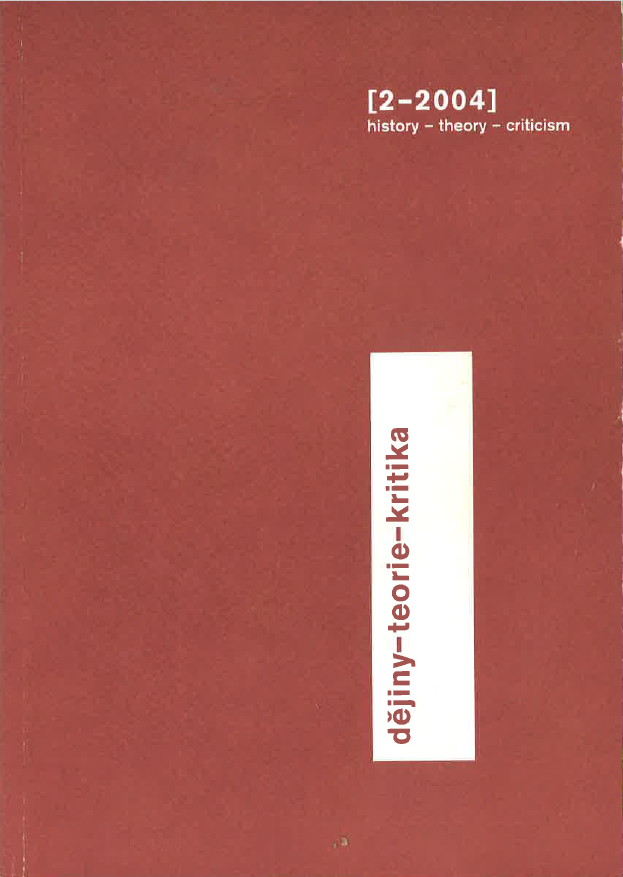The History of Political Concepts: New Levels, New Approaches and New Questions
DOI:
https://doi.org/10.14712/24645370.3178Abstract
This essay is based on the premise that the study of the history of political terms, if it is to meet contemporary theoretical and critical standards, must take into account modern but also postmodern approaches to language and politics. According to the latter political concepts can be seen as tools of man in the sphere of power, but conversely as instruments of the power structuring human possibilities. This second approach is one that enables the historian to identify and trace the linguistic borders and definition of the political and so to uncover the shifts and transformations of power.
Here I propose dividing the study of conceptual history into three analytical levels: the level of the isolated concept, the level of conceptual relations or structures, and the level of political language. On each of these I try critically to assess the possibilities of two important schools of conceptual history — the so-called Cambridge School (principally Q. Skinner and J. G. A. Pocock) and the researchers associated with the German project Geschichtliche Grundbegriffe (particularly R. Koselleck and W. Conze), and their continuers —, but also to indicate alternative possibilities for the study of concepts inspired especially by gender analyses and post(structuralism). In this context an essential part of the new study of conceptual history must be a radical enlargement of the definition of concept.


